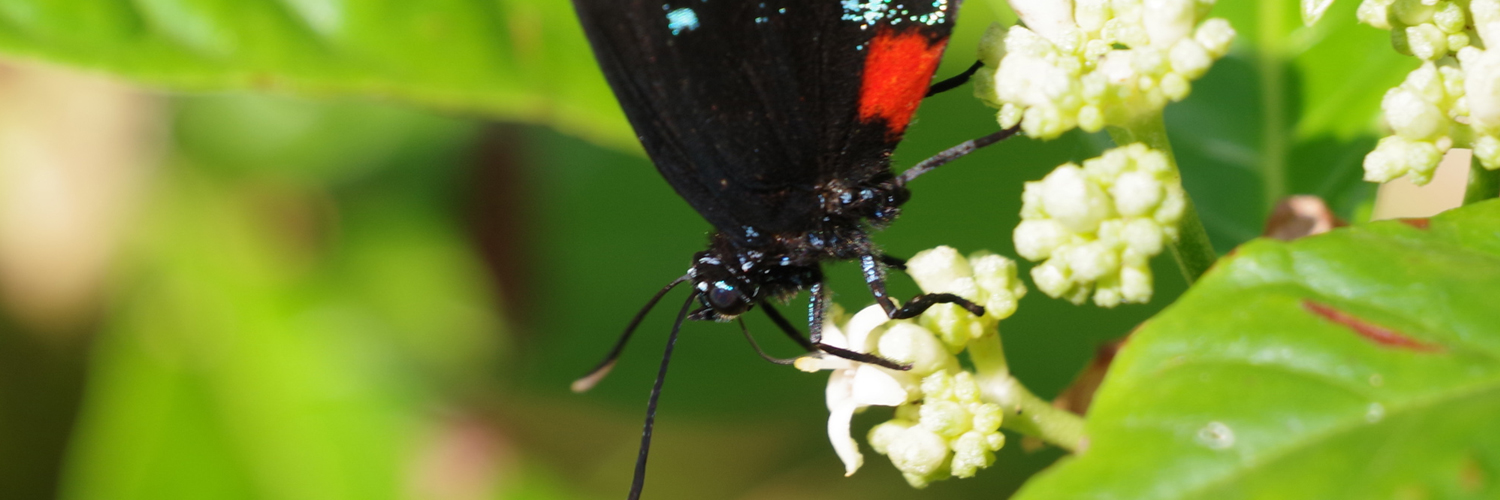

Within the USA, the Atala (Eumaeus atala) butterfly is only found in southeastern Florida. It is ranked as endangered by the State of Florida due to the decline in abundance and distribution of its larval host plant, the Coonite (Zamia integrifolia).
The Coontie is North America's only native cycad. It looks a bit like a trunkless palm and has "tropical" appeal to gardeners. Although Coontie were found throughout southeastern Florida and the Bahamas, it was overharvested by early settlers for its starchy root. Without its foodplant Atala populations collapsed. The Atala was thought to be extinct in the USA from the 1930s until a colony was rediscovered near Miami in 1961.
As Florida developed and cities and homeowners sought low maintenance shrubs, large numbers of Coontie were planted as landscaping. The numbers of Atala butterflies grew slowly, but they remained limited to the very tip of southern Florida until the last decade.
As global warming pushes the distributions of species poleward, the Atala began to spread northward along with the Coontie foodplants, thanks to city planners and gardeners. With the extra warmth, these beautiful butterflies expanded their range probably beyond where they had ever lived before. In 2019, we began seeing Atala butterflies on our campus and our Coontie plants began to be nibbled by the bright red and yellow caterpillars. We are now proud to host a vibrant population of these rare butterflies.
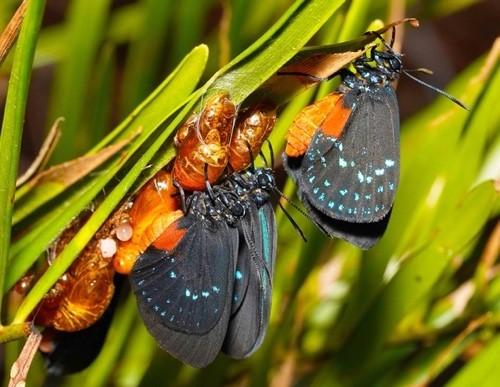
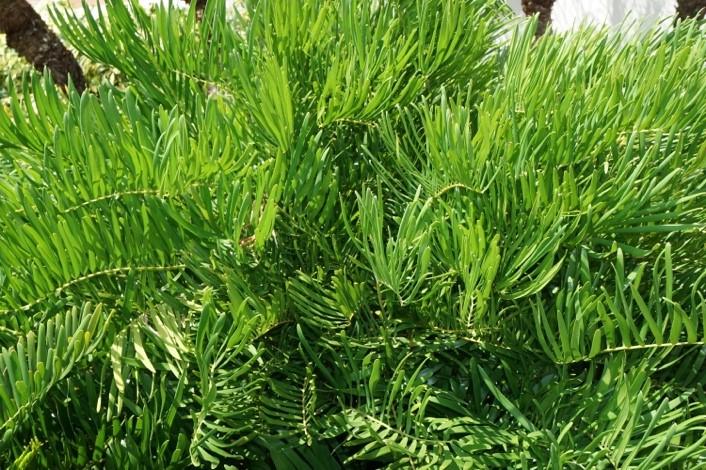
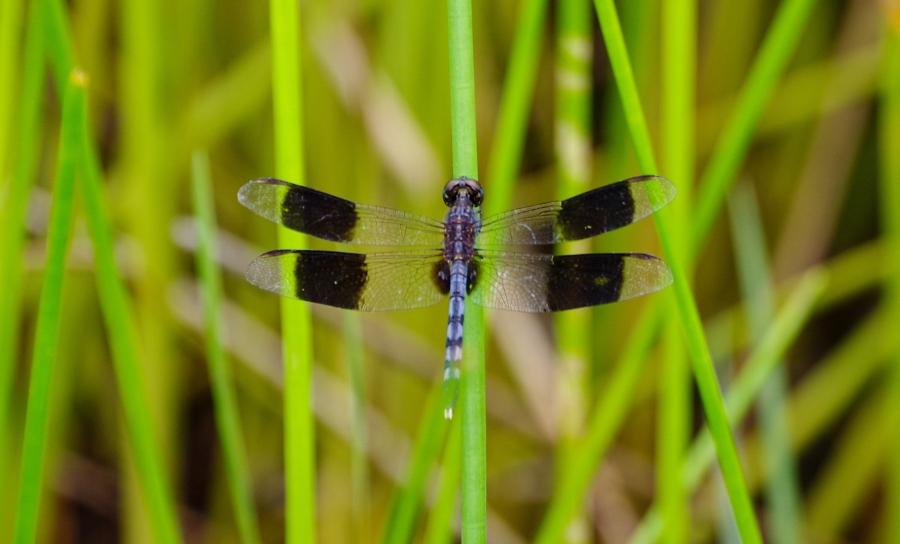
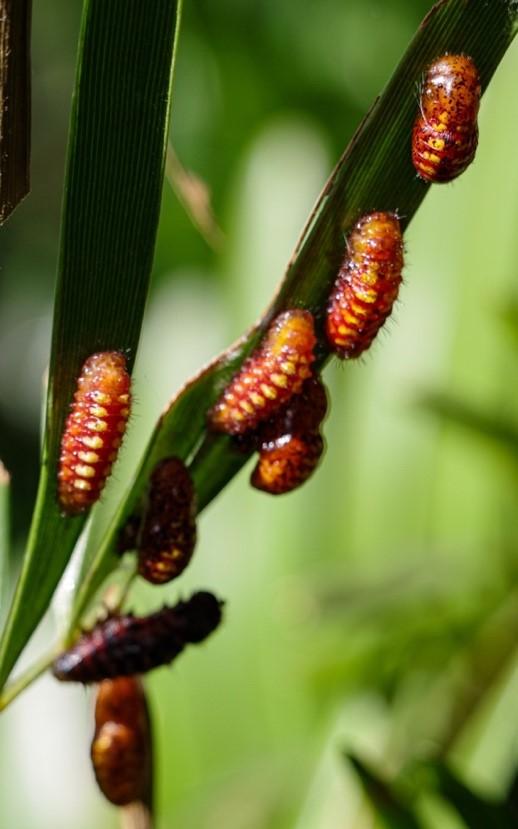
© Florida Institute of Technology, All Rights Reserved